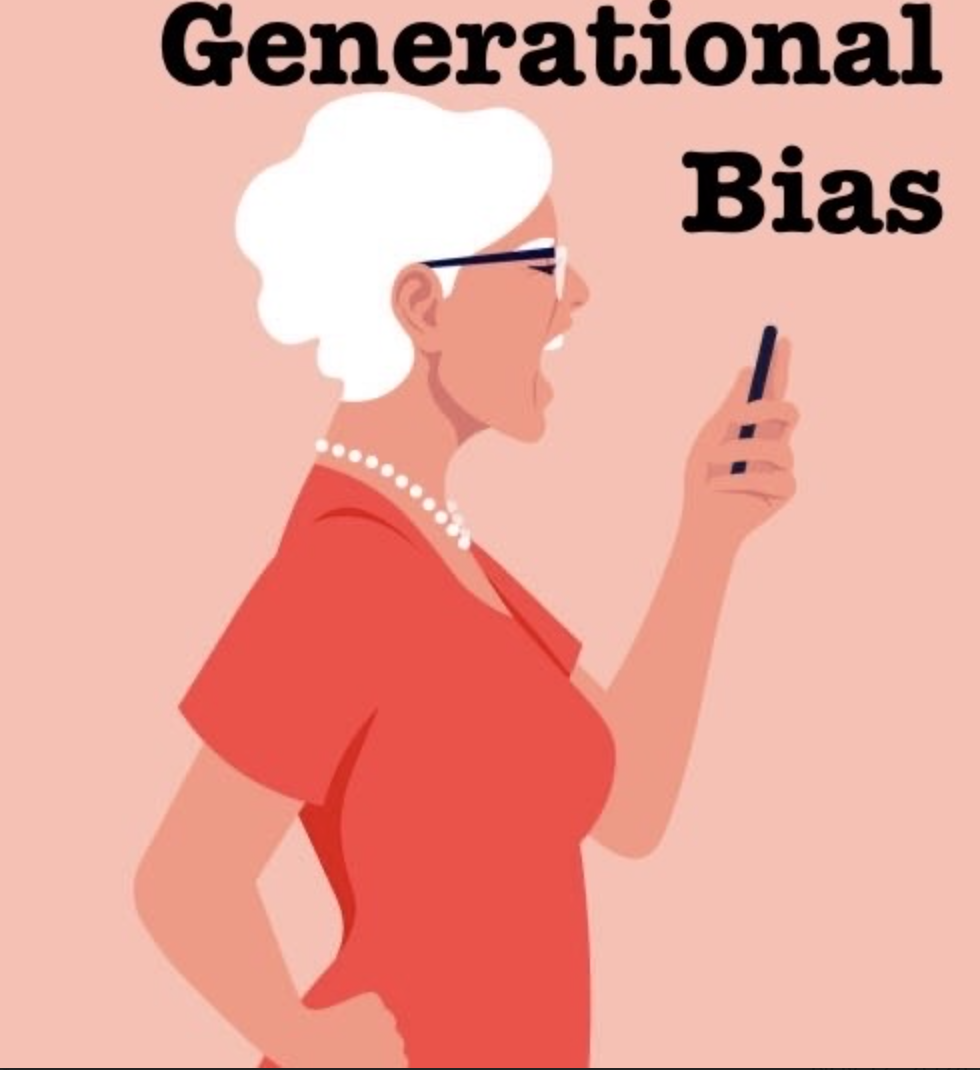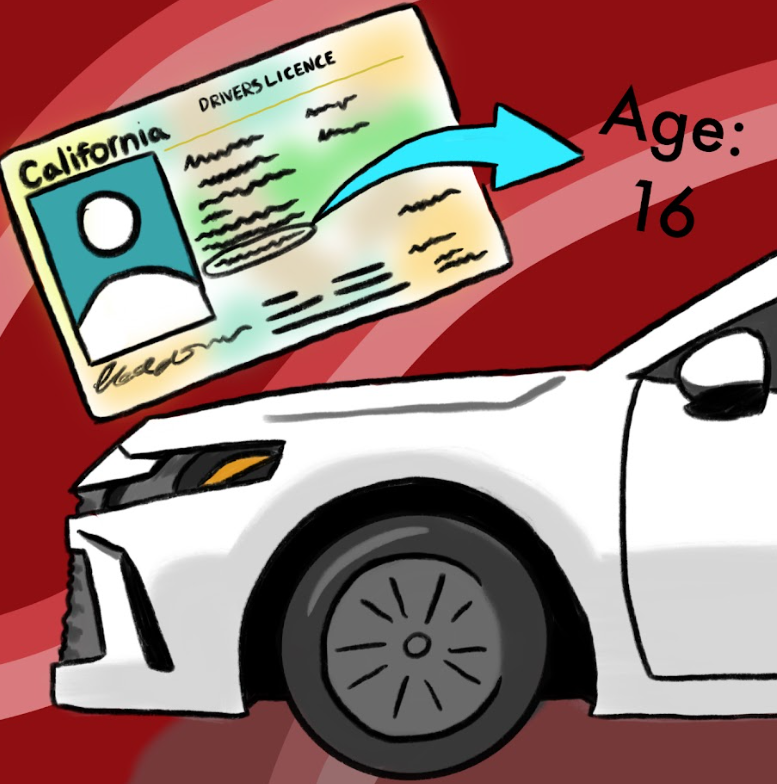“Gen X’s are too stubborn.”
“Millennials are lazy.”
“Gen Z’s are addicted to their phones.”
The cycle never ends; it seems as if generations will always have some dislikes or biases against their successors.
Why is it that so many people believe these stereotypes to be true? Of course, it is not true that all Gen Z are ‘addicted’ to their phones, just as it is not true that all Gen X’s are mean and stubborn. Generational bias is extremely common and has become a normalized way of thinking about age differences in society. These biases stem from stereotypes, which are oversimplified assumptions about people based on nothing other than their age grouping. People aren’t different from one another just because they were born in a different decade; people are only individualistically different. We tend to make group assumptions about people different from us to make us feel better about ourselves. People will make generalized biases against other age groups because they feel as if the year they were born somehow makes them better.
Generations are classifications that separate those born in different decades/eras. However, generations are made up of societal constructs invented only some 100 years ago, and we make stereotypes about others, whether intentionally or not, based on the generation they were born in. The idea of generational grouping was invented to separate people distinctively, which creates many unnecessary divisions in society. Just because someone acts differently than you does not mean it is because of the year they were born; it is just because they were raised differently! We believe that generational boundaries exist because of generational biases and conflicts when, in reality, they don’t! People assume that ‘Boomers’ don’t know how to work technology, yet these people led the computer revolution of the 1970s/80s. ‘Millennials’ are stereotypically assumed to be a lazy generation, except there are over 600,000 millennial millionaires in the US. Lastly, ‘Gen Z’ is assumed to always be reliant on their phones, except there are more ‘Gen Z’ living in developing countries than in developed countries without access to phones or the internet. These stereotypes based on generations are flat-out untrue and based on superficial biases.
Even though many of us assume that we have no similarities or connections with those who are younger or older than us, people born in all generations are very similar, with many shared values, such as understanding the importance of family, community, and work ethic. Just because these generations may generally tend to express their values uniquely doesn’t entail that there are fundamental differences or that we should treat people of different ages differently. We should not be judging people based on the year they were born, and we should stop letting a social construct convince us that it’s okay to form biases against others! Stop giving people traits just because you think someone their age acts like that; in reality, we’re all just our own person.











